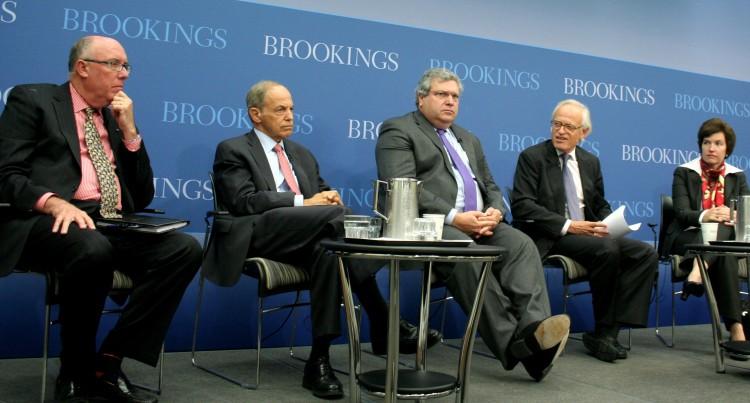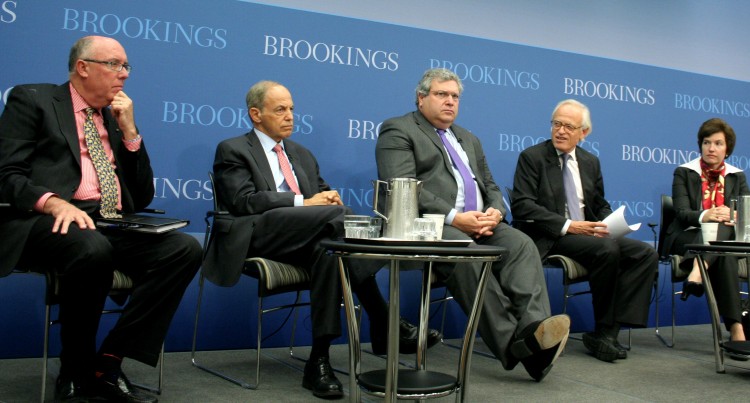WASHINGTON—In recent weeks it appeared that foreign policy would become a contentious issue in the presidential race. Presidential candidate Mitt Romney challenged the veracity of the administration regarding the attack on the American consulate in Benghazi, Libya, where Ambassador Chris Stevens and three other Americans were killed on Sept. 11. He said it was an example of an American policy in the Middle East that is “unraveling before our very eyes.”
An early sign that Romney had chosen a neoconservative path along lines of George W. Bush was the release by the Romney Oct. 6, 2011 of a list of his foreign policy and national security advisory team. Many were well known neoconservatives, such as Elliot Cohen, Robert Joseph, Eric Edelman, Robert Kagan, Dan Senor, and Walid Phares.
Another well-known Romney foreign policy adviser is John Bolton, former U.S. ambassador to the UN, who said, “The president is not demonstrating appropriate American strength” with respect to the violence in Egypt and Libya, according to Fox News, Sept. 12.
However, in the third debate on Oct 22, Romney pulled back somewhat from many of his positions and, in general, played down his differences with the president’s handling of foreign policy.
Foreign policy experts were not a little surprised when Gov. Romney said that he wanted only more crippling sanctions on Iran and would only use force as a “last resort.” “[Military force] is something one would only consider if all of the other avenues had been tried to their full extent, Romney said.
PBS Newshour commentator Mark Shields said, “He was talking about an aerial strike. He was talking about an invasion or an attack upon Iran as recently as months ago. And now he is saying, no, I’m all for sanctions. We have to do it peacefully and diplomatically. So, I mean, who is this man?”
Earlier, Romney said Obama had “thrown Israel under the bus,” and seemed ready to endorse his old-time friend “Bibi” Netanyahu’s red lines, advancing a case for a preemptive strike on Iran’s nuclear facilities.
Romney also said he wanted a bigger defense—two trillion more than the Pentagon requested including more ships for the navy. Romney had said we have to get tougher with China, and that Russia was America’s number one geopolitical threat.
Romney has been urging giving heavy weapons to the Syrian rebels “arms they need to defeat Assad’s tanks, helicopters, and fighter jets,” but in the debate he mostly agreed with the current policy we have towards Syria. Several times in the debate he said he does not want boots on the ground.
On Iraq and Afghanistan, he said he doesn’t want the U.S. to fight more wars like those, yet he had in the past criticized the administration for not leaving a contingency of American troops in Iraq, and for setting a departure date to leave Afghanistan. But in the debate we saw a softer Romney who emphasized economic development in the Middle East over military engagement. This new emphasis makes his policy similar to Obama’s.
President Obama saw an opening in his debate match. “You said that, first, we should not have a timeline in Afghanistan. Then you said we should. Now you say maybe or it depends, which means not only were you wrong, but you were also confusing in sending mixed messages both to our troops and our allies. So, what we need to do with respect to the Middle East is strong, steady leadership, not wrong and reckless leadership that is all over the map.”






